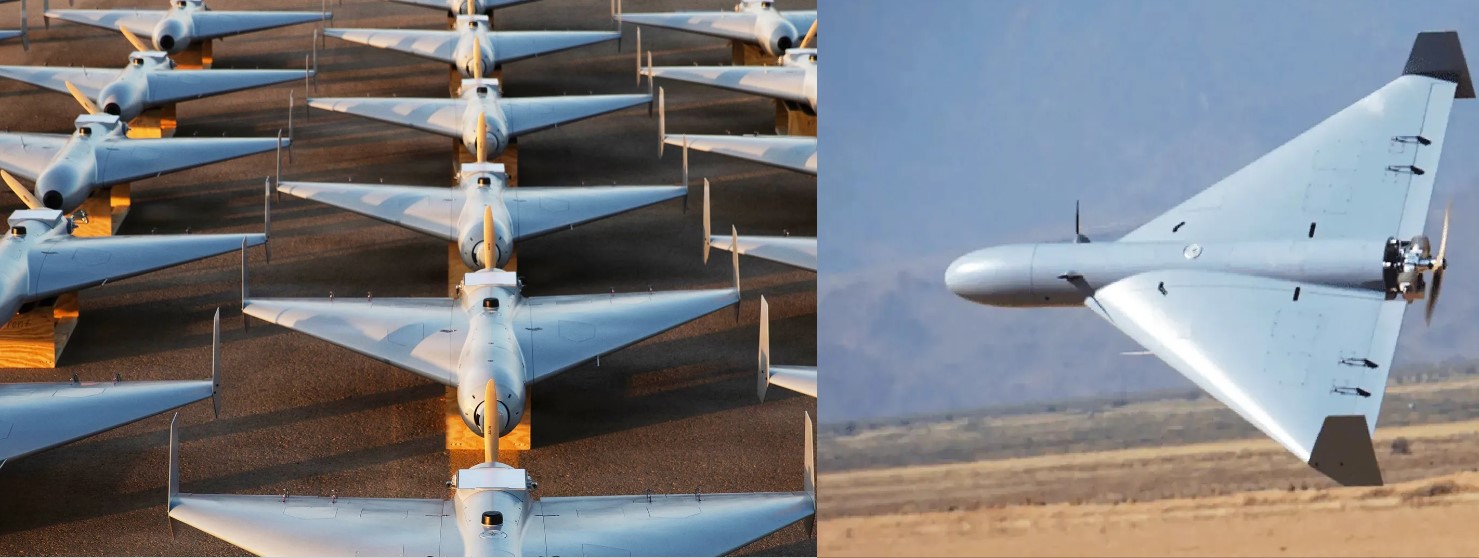Germany Plans to Treat 1,000 Wounded Soldiers Daily in Case of War with Russia

Germany is preparing for one of the most serious scenarios it has faced since the Cold War: a large-scale conflict with Russia. The Bundeswehr’s top military doctor, Surgeon General Ralf Hoffmann, has revealed that the country is drafting medical plans to cope with up to 1,000 wounded soldiers a day if war were to break out.
This figure is not speculation but a realistic projection based on current NATO assessments and lessons drawn from Ukraine’s battlefields. Hoffmann explained that the actual number of casualties would depend on the scale of fighting and the deployment of German units, but Berlin is treating this scenario with urgency.
Lessons From Ukraine’s Frontlines
The war in Ukraine has transformed how European militaries think about combat medicine. For Germany, it has provided a grim preview of what modern warfare looks like:
-
Injuries are no longer limited to gunshot wounds. Instead, there is a surge in blast injuries, burns, and shrapnel wounds caused by drones, artillery, and loitering munitions.
-
The frontline is now a drone-saturated kill zone, where unmanned aircraft constantly scout and strike. This often prevents the fast evacuation of casualties, forcing medics to keep the wounded alive under dangerous conditions for long stretches.
-
German medical training has already been updated to reflect this reality, focusing on prolonged stabilization under fire, mass casualty incidents, and new forms of trauma care.
Expanding Germany’s Medical Capacity
To handle the demands of a high-intensity conflict, Germany is reshaping its medical system:
-
Hospital Beds
-
Out of the country’s 440,000 hospital beds, around 15,000 would need to be dedicated to wounded soldiers. Civilian hospitals will therefore be heavily integrated into wartime planning.
-
-
Medical Staff
-
The Bundeswehr currently has about 15,000 medical personnel. In wartime, this force would need to be reinforced with civilian doctors, nurses, and specialists to manage the huge patient flow.
-
-
Casualty Transport
-
Germany is exploring a flexible evacuation system, inspired partly by Ukraine. Plans include hospital trains, special medical buses, and increased air evacuation. Soldiers would first receive emergency care near the battlefield before being transferred deeper into Germany for recovery.
-
The Broader Implications
Germany’s planning shows both realism and anxiety. Preparing for the possibility of 1,000 casualties daily underscores how destructive a NATO–Russia war could be.
-
Civilian life would be deeply affected. With tens of thousands of hospital beds redirected to military use, normal healthcare services could be disrupted, creating tension at home.
-
The human toll on medical staff would be immense. Treating mass injuries daily, often involving severe burns and amputations, would test not only physical resources but also psychological resilience.
-
Politically, this reflects Germany’s acknowledgment of NATO warnings that Russia could threaten the alliance by 2029. By publicizing these preparations, Berlin is also sending a message of deterrence: it is taking the threat seriously and will not be caught unprepared.
Modern Military Medicine
Germany’s military doctors are facing challenges unseen in Europe for generations. As Hoffmann put it, the nature of war has changed dramatically. Drones, precision strikes, and mass casualties define the modern battlefield — and Germany is adapting to that harsh reality.
These preparations are not just about logistics; they reflect a shift in mindset. War in Europe, once considered unthinkable, is now being actively planned for, down to the number of hospital beds and medical buses. Germany’s readiness signals both a warning and a safeguard in an increasingly unstable security environment.
✍️ This article is written by the team of The Defense News.






